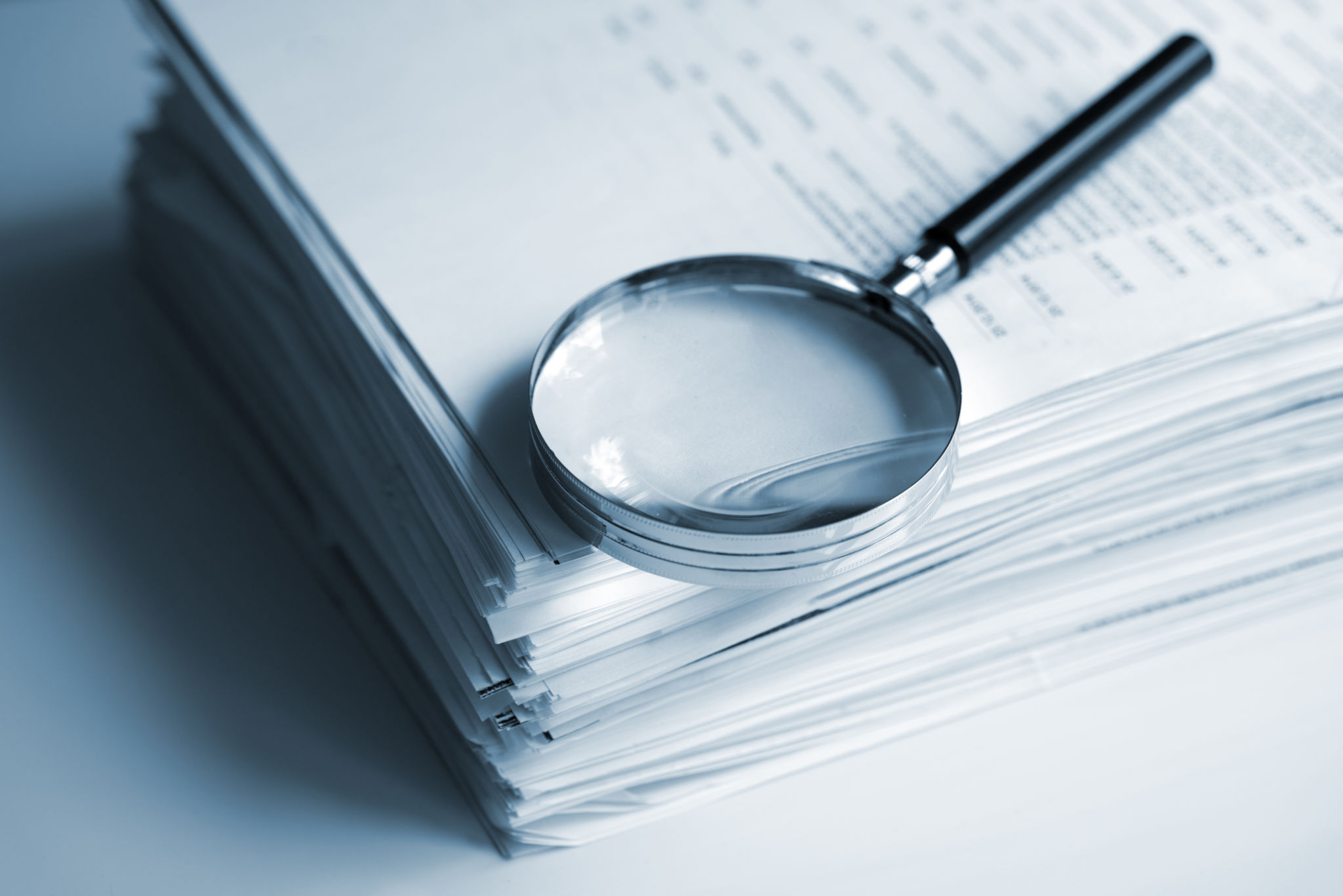Expert Advice: When to Consult a Bankruptcy Lawyer
Understanding the Basics of Bankruptcy
Filing for bankruptcy is a significant financial decision that can provide relief from overwhelming debt but also comes with serious consequences. It's essential to understand the basics of bankruptcy to determine if it's the right option for you. Bankruptcy can discharge many types of debts, but not all, such as student loans or child support.
It is crucial to consult a bankruptcy lawyer to help you navigate this complex process. A lawyer can explain the different types of bankruptcy, such as Chapter 7 or Chapter 13, and help you decide which is most appropriate for your situation.

Recognizing the Signs You Need Expert Help
If you're struggling to pay bills and creditors are constantly calling, it might be time to consult a bankruptcy lawyer. Here are some signs that indicate you should seek professional advice:
- You're using credit cards to pay for necessities.
- Your debt-to-income ratio is increasing.
- You're facing foreclosure or repossession.
- You're considering debt settlement or consolidation.
These situations can be overwhelming, and a lawyer can assess whether bankruptcy might be the best path forward or if there are other viable alternatives.
The Benefits of Consulting a Bankruptcy Lawyer
There are several benefits to consulting a bankruptcy lawyer. First and foremost, they bring expertise and knowledge that can prevent costly mistakes. A lawyer can help you understand the legal implications of filing for bankruptcy and ensure that all paperwork is correctly completed and submitted.

Furthermore, a lawyer can represent you during court proceedings and negotiations with creditors. This representation can be invaluable in achieving a favorable outcome and protecting your assets as much as possible.
Preparing for Your Consultation
Before meeting with a bankruptcy lawyer, gather all relevant financial documents. This includes bank statements, credit card bills, loan documents, and any communication with creditors. Having these documents on hand will help the lawyer provide accurate advice tailored to your situation.
Prepare a list of questions and concerns you have about the process. A thorough understanding of what to expect can ease anxiety and help you make informed decisions moving forward.

Exploring Alternatives to Bankruptcy
A competent bankruptcy lawyer will not only discuss bankruptcy options but also explore alternatives with you. These might include debt negotiation, credit counseling, or creating a budget plan to manage your finances better. Sometimes, these alternatives can provide relief without the need for filing bankruptcy.
It's important to weigh these options carefully with your lawyer's guidance to determine the best course of action for your financial future.
Maintaining Financial Health Post-Bankruptcy
If you decide to proceed with bankruptcy, it doesn't mark the end of your financial journey but rather a new beginning. Post-bankruptcy, a lawyer can advise on rebuilding credit and maintaining financial health to prevent future issues.

This might involve setting up a savings plan, learning better budgeting techniques, or finding resources for financial education. With the right strategies, you can regain control over your financial life and work towards long-term stability.
Conclusion
Consulting a bankruptcy lawyer is a critical step when facing severe financial distress. Their expertise can help you understand your options, protect your assets, and guide you through the complex legal landscape of bankruptcy. By seeking professional advice, you can make informed decisions that lead to financial recovery and stability.
